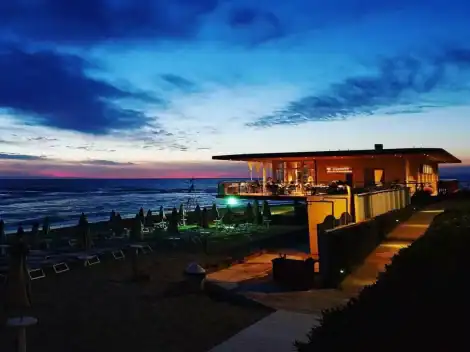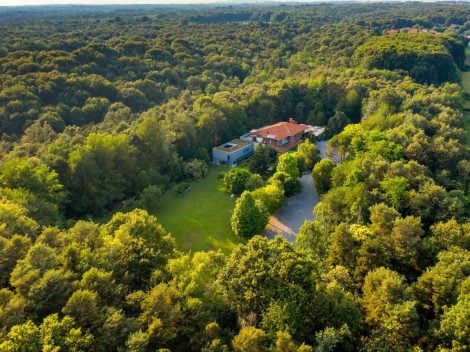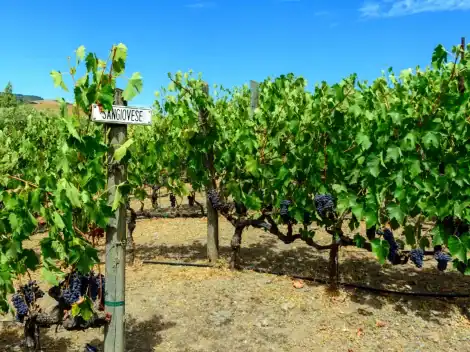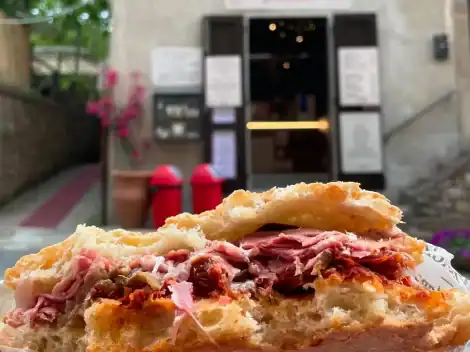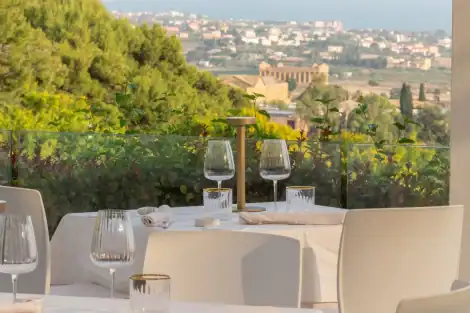By Achille Farinari
Francesco Miranda, at the helm of the pizzeria Màdia in Salerno, awarded Tre Fette (Three Slices) by the Gambero Rosso Pizza Guide, is a "quiet" pizza maker, someone who doesn't seek the spotlight but focuses on substance. His idea of pizza completely reflects this way of being: the dogma that unites his creations is the concentration of taste, what is often superficially referred to as the pursuit of umami in contemporary cuisine. The vegetable component has always been predominant in his work, as evidenced by the fact that, from the beginning, the symbol pizza of the establishment has been a colorful Ortolana, probably due to the attraction exerted by his roots, since Miranda is originally from a town at the foot of Mount Vesuvius, San Giuseppe Vesuviano, land and fire.
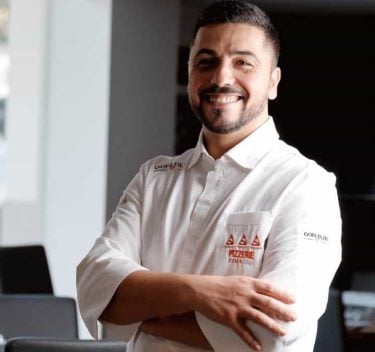
Influence of contemporary cuisine
Miranda's pizza reflects the need to combine the concentration of taste, following the revolutionary ideas of Niko Romito, with the use of the entire ingredient, in the name of sustainability, according to the Circular Cooking style dear to Igles Corelli. Thus, the idea of using the vegetable in its entirety to create a pizza that is its maximum expression was born, starting with the dough. "I haven't invented anything," says the humble Vesuvian pizza maker: masters like Simone Padoan and, above all, Francesco Martucci - with the Assoluto di Carciofo, Le 7 consistenze della cipolla, the Ciao Amore (five consistenze della barbabietola) - have worked on this concept and developed it in their own way. And Miranda's approach seems equally worthy of admiration.
In Màdia's current spring menu, there are two versions of this work: a pizza made with Paestum's mammarella artichoke and another with wild asparagus from the Picentini Mountains, both priced at 14 euros. In the next seasonal change, one with pumpkin, porcini mushrooms, and friarielli will be presented, for example.
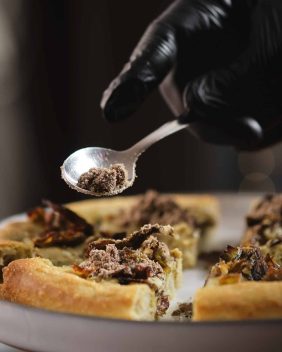
360° Artichokes
The vegetable-based dough is made using the most current bread-making techniques: it starts with a fermentation of artichoke broth, obtained from the waste from turning, through slow heat treatments and extraction, combined with the flours obtained from the remaining fibers, through drying and sieving with the addition of 50% wheat flour and, obviously, yeast. The first fermentation lasts about 12 hours, followed by refreshment, various manipulations, and double rising of the dough. The pizza is completed by three consistencies of the vegetable: a velvety one, made with the stems and cuts of the tenderest leaves emulsified with Provolone del Monaco DOP; the hearts, which are first roasted and then smoked with the same burnt waste leaves; the ash, made using modern cooking techniques. Everything is then topped with artichoke oil.
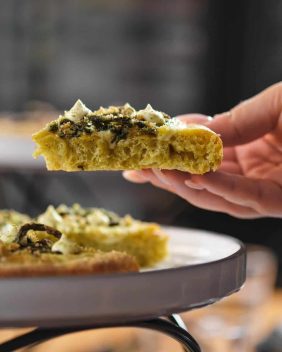
Asparagus 360°
For the dough of the second pizza, the techniques are more or less the same, applied to wild asparagus from the Picentini Mountains in its entirety: with the less noble parts, the flour and broth are made. For the topping, however, five consistencies of the vegetable are added: sautéed tips, cream, reduction of asparagus and Parmigiano Reggiano, asparagus breadcrumbs, and powder (of asparagus, obviously).
Tasting test
The cooking is done with balanced steam. This creates a base that is both soft and crunchy, with regular thickness, with the slice that, while remaining upright to hold the ingredients, perfectly melds with the bite, designed "mouth-sized", unlike trendy pan pizzas, sometimes really challenging to bite into. The artichoke pizza dough is melting and intense, the toasted notes bring to mind, in aroma and color, the braziers where artichokes are roasted along the streets of Paestum. The vegetable is respected in its entirety in what is indeed an explosion of taste. In the wild asparagus pizza, the typical bitter note is well mitigated by the sweetness of Parmigiano Reggiano, which absolutely does not detract from its taste, but rather accompanies it in a real "journey".
Today, much is said - and often erroneously, let us say - about gourmet pizza, referring to pizzas made with an excessive amount of ingredients, often put together haphazardly. The real challenge, perhaps, lies in "subtraction", in the search for essentiality and in the power of flavor synthesis.
Pizzeria Màdia - via Irno, 2 c/o Irno Center - Salerno - pizzeriamadia.it

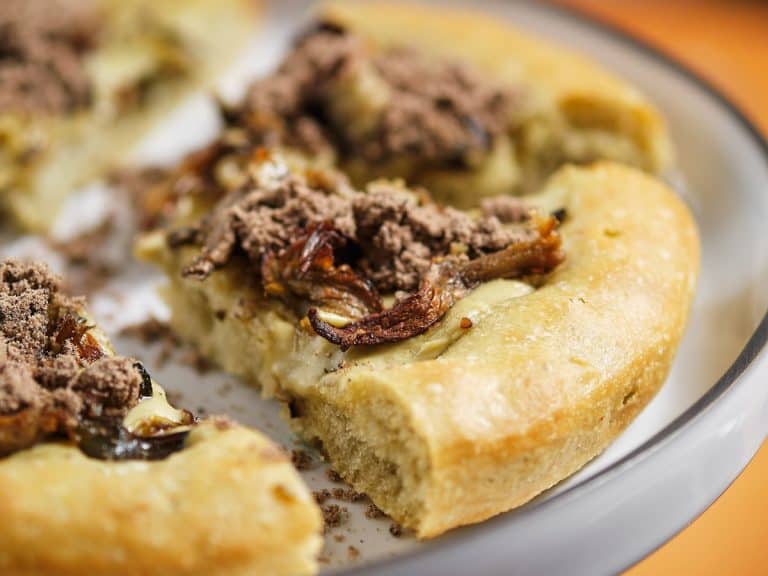
 “In Chianti, warehouses are full and prices are falling”. The economic crisis of Tuscan wine explained by Giovanni Busi
“In Chianti, warehouses are full and prices are falling”. The economic crisis of Tuscan wine explained by Giovanni Busi US tariffs will take effect on 1 August for everyone (including wine). Prosecco DOC: “it’s impossible to plan for the future
US tariffs will take effect on 1 August for everyone (including wine). Prosecco DOC: “it’s impossible to plan for the future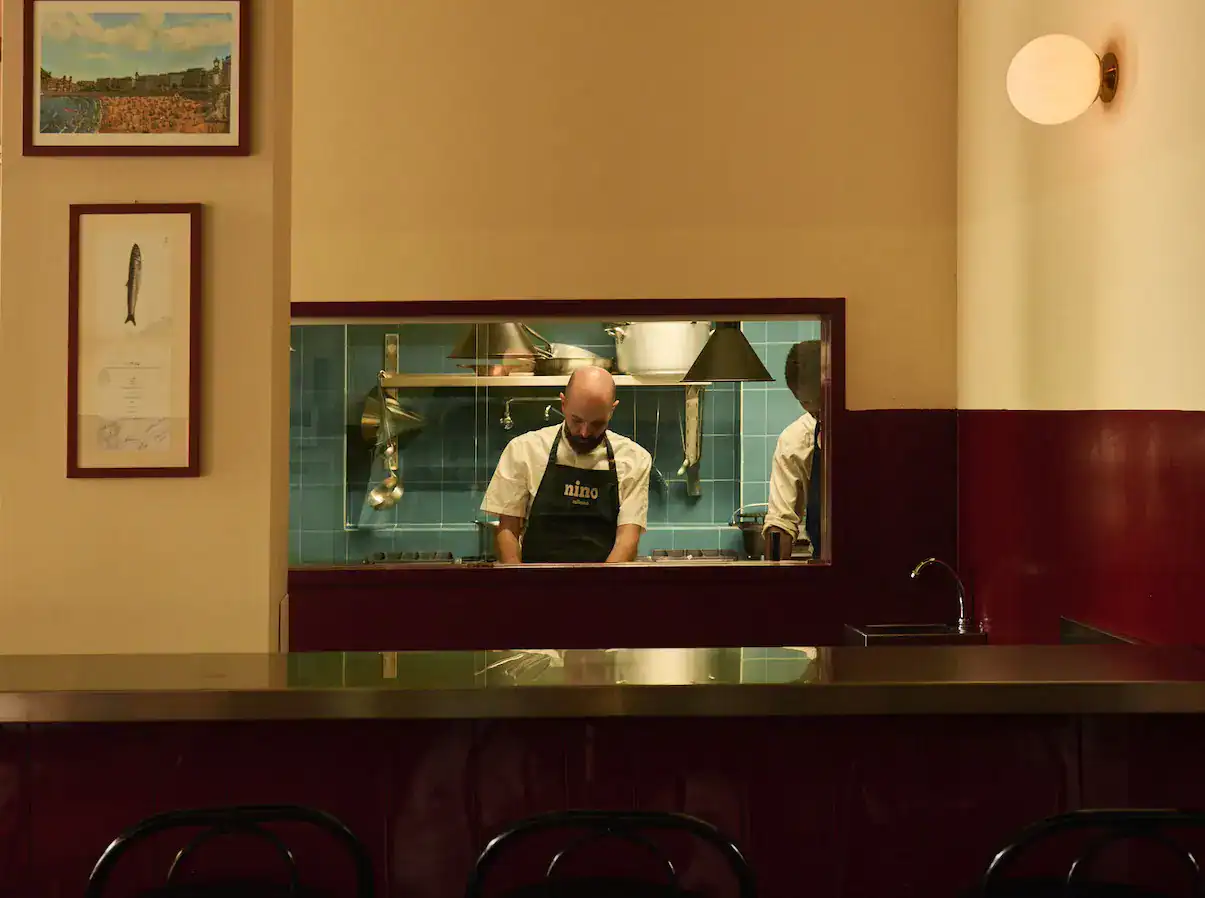 Diego Rossi of Trippa opens a new osteria: what you can eat at Nino Osteria con Cucina in Milan
Diego Rossi of Trippa opens a new osteria: what you can eat at Nino Osteria con Cucina in Milan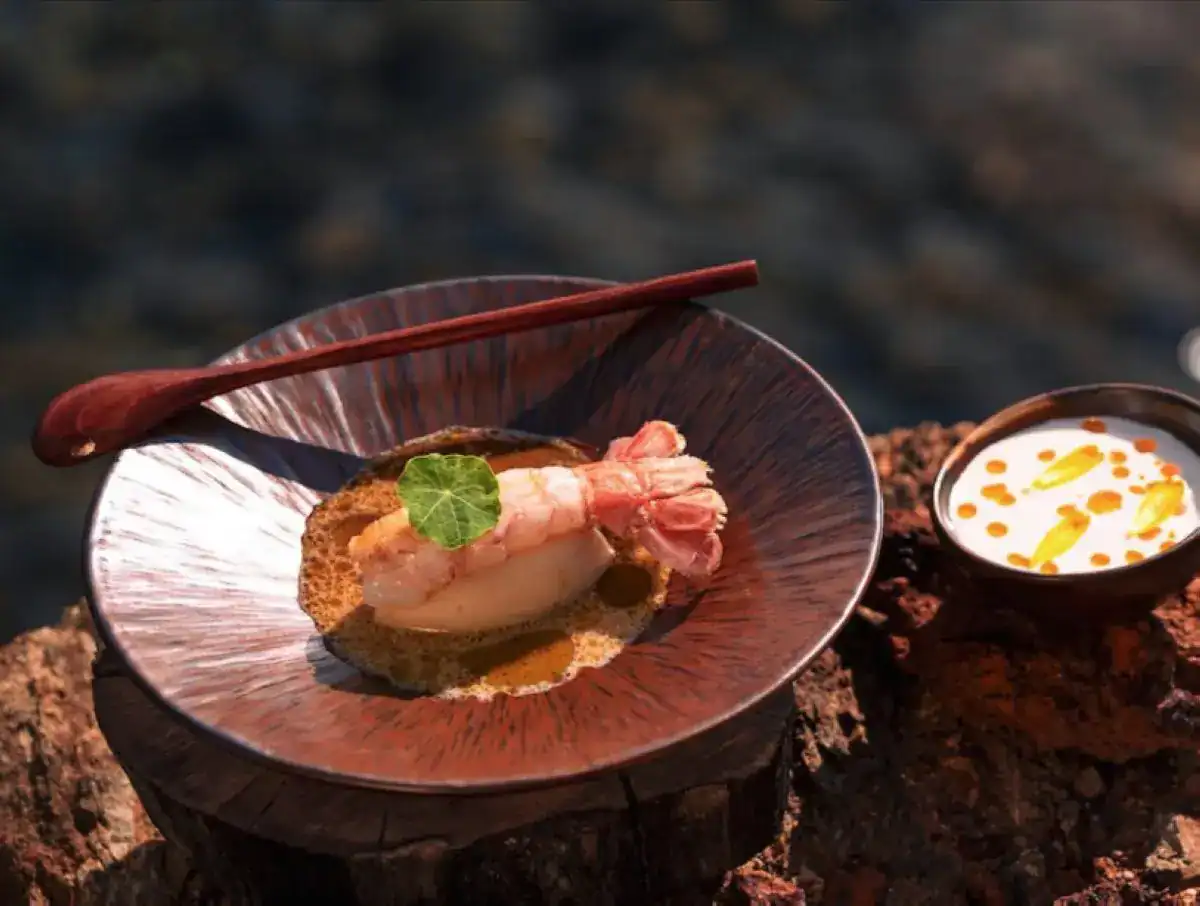 How you eat at Sentiero, the restaurant Elba Island was missing
How you eat at Sentiero, the restaurant Elba Island was missing